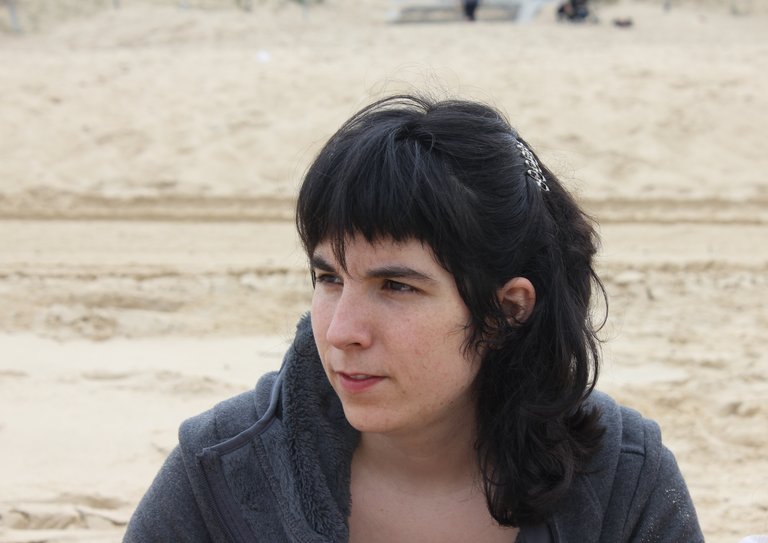“It would be important to evaluate the works written in Basque”

Nahi Idoiaga began studying Mondragon Physics at the university. He soon realized that he did not like it. “It wasn’t what I expected. Among other things, we were a small group and a very high demand,” he explained. Thus, he left Physics and began to study Psychology. And yes, he liked it a lot. It is in this field where he has developed his academic career. However, this does not mean that science has been rejected. In fact, he has made his thesis related to science, and now, besides being a professor, he is also investigating.
He studies psychology and approaches science again. “There was a collaboration grant that allowed you to investigate with a teacher. I tried it and liked it.” He says that research allows to continue studying, which attracts him. “If it were for me, I would always be studying.”
After completing the Master in Psychology, he also carried out the thesis: “In my thesis I studied the social impact of the pests.” He was satisfied with his thesis, among other things for his freedom in time management. “I understand that many people have a bad time doing the thesis, because it requires many hours, and it is difficult if you have to do it with other jobs. But I had a scholarship and it was a very good experience. During that time I have had two children and the research has been compatible with other areas”, he acknowledged.
Against research and the reverse
The subject of the thesis was chosen by the faculty who worked with him and for the present. “I was working within the theoretical framework of social representations and I have always had an interest in how people understand science in everyday thinking. Then there was the crisis of flu A and I decided to take it as a topic. Then, during my thesis, there was an Ebola epidemic that I also studied.”
For Idoia it is important to know how we have lived the plagues, because “we will always have them and more and more”. Knowing what people think and what representations they have is key to making communication effective. “For example, the emotional aspect has great importance in the way things are understood and I don’t think that risk crisis communicators take it into account.”
He is now a university professor, but at the same time he is still investigating. In the field of social representations, the impact of dangerous sexual practices is being studied instead of pests. He also investigates issues related to the educational field.
Although he loves research, not everything is easy. Among the barriers are bureaucracies and publication needs, as well as the difficult situation of young researchers who do not have the support of a group.
He does not want to mention another difficulty: “Related to this need for publication, it makes it difficult for me to investigate in Basque. I did the thesis in Basque and English and every time I try to publish articles in Basque. But it always seems to me that I do it by militancy with the Basque language. And it is that the Basque institutions hardly take into account the scientific products written in Basque”.
According to Idoiaga, he knows that the trend is in favor of English and understands that. However, it considers it important to evaluate articles and/or works written in Basque.
Nahi Idoiaga was born in Mondragon Gernika in 1985. He graduated in Psychology from the UPV and in Psychopedagogy by Mondragon Unibertsitatea. After the completion of the Master's degree, he carried out his thesis in social psychology in the field of social representations and, in particular, in the study of the social impact of the crisis of risks and health pests. He is now a professor at the Faculty of Psychology and continues to investigate.
Buletina
Bidali zure helbide elektronikoa eta jaso asteroko buletina zure sarrera-ontzian












